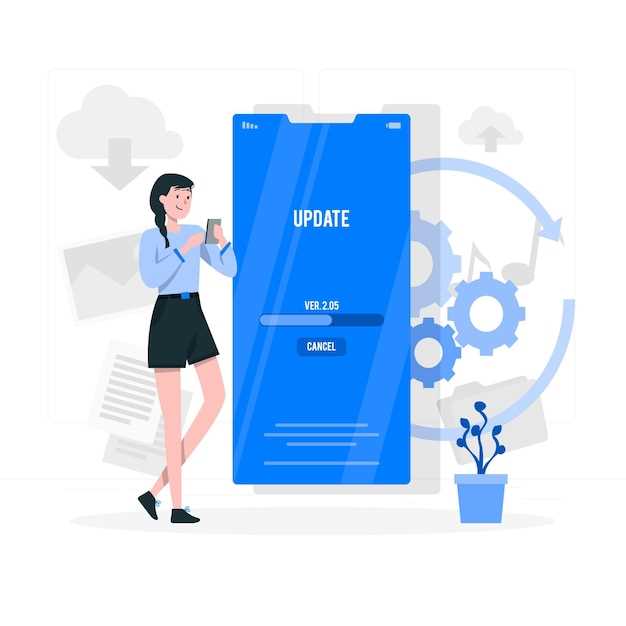
In the digital realm, every action leaves a trail of temporary files known as the system cache. While it can expedite subsequent tasks, excessive accumulation can hinder your device’s performance. This comprehensive guide will empower you with the knowledge and tools to effectively eradicate this cache, revitalizing your device’s efficiency.
Maintaining a clutter-free digital space is not merely a matter of aesthetics; it is a strategic move that enhances the performance and longevity of your device. By regularly purging obsolete data, you can reclaim precious storage space, improve app responsiveness, and prolong the overall lifespan of your mobile companion.
Identify Clogged Cache
Table of Contents
Clogged cache can slow down your device and consume valuable storage space, leading to a subpar user experience. Recognizing signs of a clogged cache is crucial for maintaining a responsive and efficient device.
Signs of a Clogged Cache
| Symptom | Cause |
|---|---|
| Lagging and sluggish performance | Overloaded cache with outdated or unnecessary data |
| Frequent app crashes or freezes | Corrupted or incompatible data within the cache |
| Unusually high storage consumption | Excessive accumulation of temporary files and unused data |
| Battery drain | Continuously processing and managing a large cache |
| Slow app loading and website retrieval | Outdated or invalid data stored in the cache |
| Error messages or notifications | Cache overload leading to system errors and performance issues |
Cache Clearing Procedure
For a smoother device experience, regular cache cleaning is recommended. This section will guide you through the steps involved in purging the cache effectively, enhancing performance and freeing up valuable storage space.
App-specific Cache Management

In addition to general cache management, you can also control the cache of specific applications. This allows you to target apps that are causing issues or consuming excessive storage.
To manage app-specific cache, navigate to Settings > Apps. Select the app you wish to manage, then tap on Storage. Under the Storage section, you will find options to clear the app’s cache and data. Clearing the cache will remove temporary files, while clearing the data will delete all app settings and files, including user-generated content.
Use this feature judiciously, as clearing an app’s cache may degrade its performance until the cache is rebuilt. However, it can be an effective way to resolve issues with misbehaving apps or reclaim storage space.
Cache Clearing Benefits
Purging accumulated cache on your Android device offers remarkable advantages. It revitalizes its performance, enhances stability, and safeguards its health. Moreover, it liberates valuable storage space, empowering you to accommodate new applications, media, and data without sacrificing the seamless functioning of your device.
Cache Optimization Tips
Managing cache storage is crucial for optimizing performance and maintaining a seamless user experience on your device.
Here are some tips to help you optimize your cache storage:
| Tip | Description |
|---|---|
| Monitor Cache Usage | Keep track of which apps consume the most cache space and consider limiting their usage. |
| Periodic Caching | Create a schedule for regular cache clearing to prevent excessive accumulation. |
| App-Specific Optimization | Utilize individual app settings to control cache storage and remove unnecessary data on a case-by-case basis. |
| Cache Limit Setting | Configure your device’s cache storage limit at an appropriate level to balance performance and space utilization. |
Questions & Answers
What is the difference between the system cache and the app cache?
The system cache stores temporary files that are used by the operating system and apps. The app cache stores temporary files that are used by individual apps. Both types of cache can be cleared to free up space and improve performance.
Will clearing the system cache delete my data?
No, clearing the system cache will not delete any of your data. It will only remove temporary files that are no longer needed.
How often should I clear the system cache?
It is not necessary to clear the system cache on a regular basis. However, you may want to clear it if you are experiencing performance issues or if you are running low on storage space.
Is it safe to clear the system cache?
Yes, it is safe to clear the system cache. However, it is important to note that clearing the system cache may cause some apps to take longer to load the first time they are opened after the cache is cleared.
How can I clear the system cache on my Android phone?
To clear the system cache on your Android phone, go to **Settings > Storage > Other Apps**. Then, tap on the app you want to clear the cache for and tap on **Clear Cache**. This will remove all of the temporary files that the app has stored on your device.
Why should I clear the system cache on my Android phone?
Clearing the system cache on your Android phone can help to improve performance and free up storage space. Temporary files can accumulate over time and take up valuable space on your device. Clearing the cache can also help to resolve issues with apps that are not working properly.
 New mods for android everyday
New mods for android everyday



